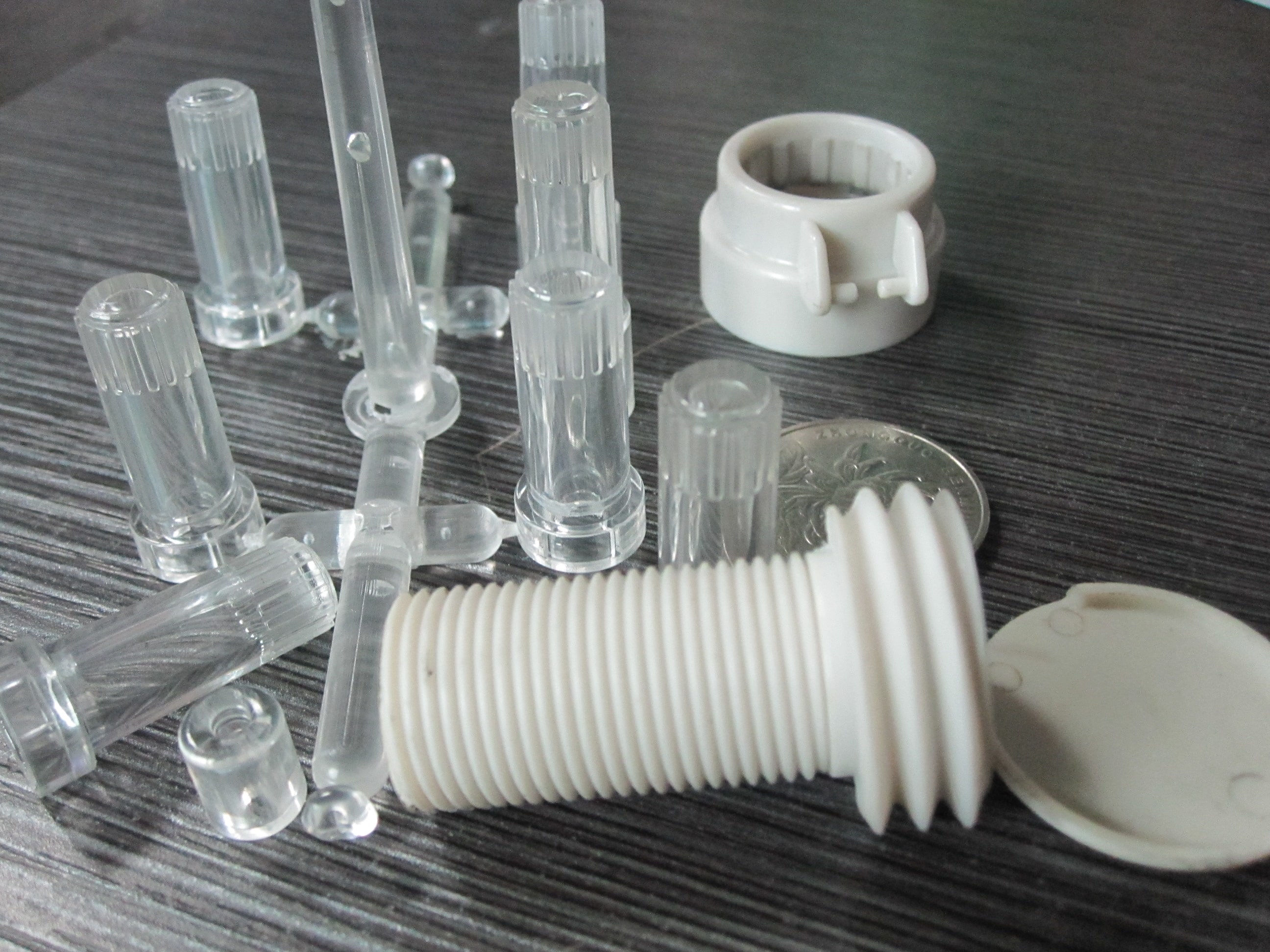Tailored Injection Molding: One Future of Manufacturing
In today’s fast-paced manufacturing landscape, the demand for precision and customization are at an all-time high. This has led to the emergence of innovative techniques that not only simplify production and address the unique needs of distinct clients. One such technique that stands out is custom injection molding, a process that allows manufacturers to produce intricate parts and products customized for particular needs.
Custom injection molding entails the creation of components by injecting molten material into a mold, which is then solidified to form the desired shape. This method also enhances efficiency but also minimizes waste, making it an environmentally friendly option. As industries continue to evolve, the ability to customize production while maintaining quality and speed will play a crucial role in the future of manufacturing. Understanding the nuances of custom injection molding can provide valuable insights into how businesses can leverage this technology for their benefit.
Benefits of Custom Molding Manufacturing
Tailored injection molding offers a range of perks that establish it an desirable option for producers looking to create high-quality pieces at mass. One of the primary perks is the ability to produce intricate designs and intricate patterns that can satisfy unique market standards. This precision in production allows businesses to set apart their products in a fierce market, guaranteeing that they can respond to specific consumer demands without facing high production expenses.
Additionally important benefit of bespoke molding is the effectiveness it provides to the manufacturing cycle. Once the molds are created and made, the real injection molding can be finished swiftly, allowing for high quantities of pieces to be created in a comparatively brief span. This not just hastens market readiness for fresh offerings but also allows manufacturers to respond quickly to fluctuations in market demands or client tastes, in the end enhancing their overall production agility.
Additionally, bespoke injection molding is economical for massive creation batches. Although the initial cost in mold design can be substantial, the cost per unit dramatically decreases with higher output. This makes it an perfect choice for companies aiming to scale their business while maintaining quality and consistency across their goods lines. Sustainability is also a perk, as tailored injection molding reduces material waste through careful raw material utilization and can include reclaimed materials, aligning with environmentally responsible manufacturing practices.
Applications in Different Industries
Custom injection molding has turned into a vital process across a wide range of industries, providing customized solutions that satisfy distinct design and performance needs. In the car sector, manufacturers employ custom injection molding to create thin yet long-lasting components such as dashboards, sheets, and housings. This technique allows for the development of detailed designs that can handle complex features while ensuring ideal efficiency and safety in cars.
In the healthcare field, custom injection molding takes a vital role in the production of precision components for instruments and machines. Items such as injections, surgical tools, and implants receive from the exactitude and personalization that this manufacturing technique delivers. The ability to use compatible with living tissue materials also ensures that products adhere to strict regulatory standards, which is essential in ensuring patient safety and device reliability.
The products industry also takes advantage of custom injection molding to manufacture a varied range of products, including cooking items to electronic casings. This adaptability allows brands to set apart their offerings in a competitive market by integrating original designs with functional features. Additionally, the effectiveness of this process means that businesses can expand production quickly to address consumer demand while ensuring high-quality standards.
Future Trends and Innovations

As tech continues to advance, the field of custom injection molding is evolving quickly. One of the most significant trends is the integration of automation and robotics in the manufacturing system. Automated systems are enhancing precision, reducing cycle times, and minimizing human error. This pushes productivity to new heights while allowing manufacturers to assign human resources to more complex tasks that require critical thinking and creativity.
Another exciting innovation is the creation of advanced materials specifically designed for custom injection molding. These materials offer improved properties, such as enhanced durability, reduced weight, and sustainability. Bio-based plastics and recycled materials are growing in traction, demonstrating a growing emphasis on sustainable manufacturing practices. This shift not only meets customer demand for sustainable products but also complies with increasing regulations regarding material sourcing and waste management.
Furthermore, the rise of digital technologies such as 3D printing and simulation software is transforming the design and prototyping stages of custom injection molding . Rapid prototyping enables designers to create and test new parts at an incredible speed, allowing for faster iterations and reduced time to market. Simulation software can forecast how a design will behave in the injection molding process, enhancing build quality and performance before production begins. This digital integration marks a major leap forward in how manufacturers can approach custom injection molding, setting a new standard for efficiency and innovation in the sector.